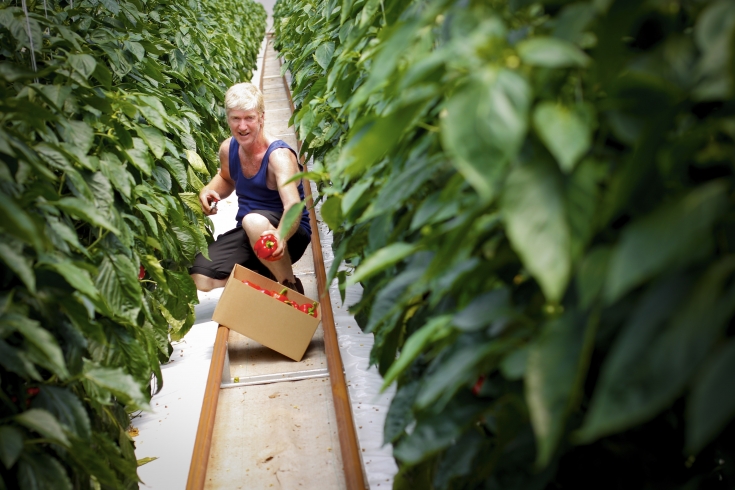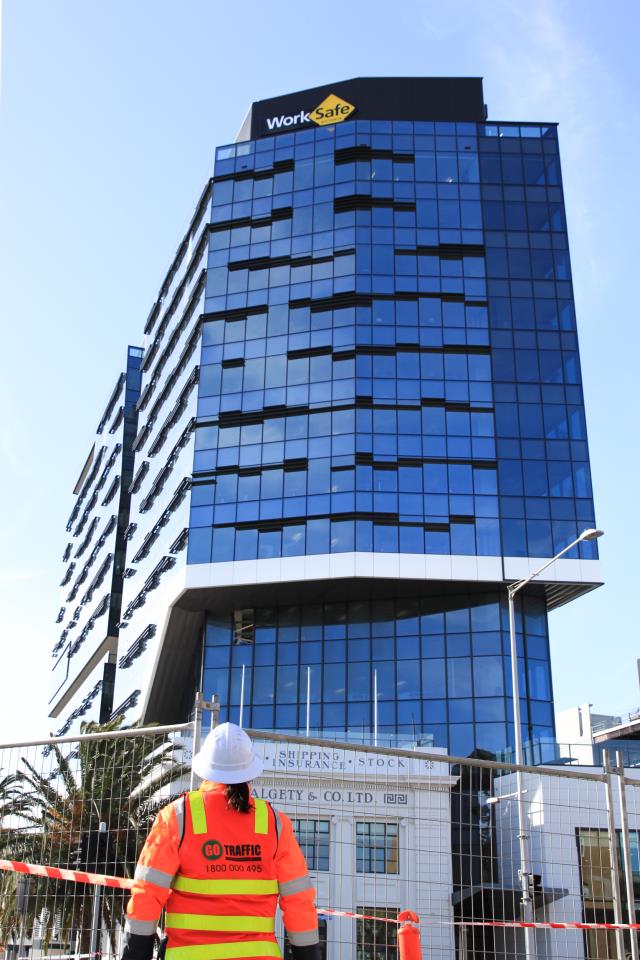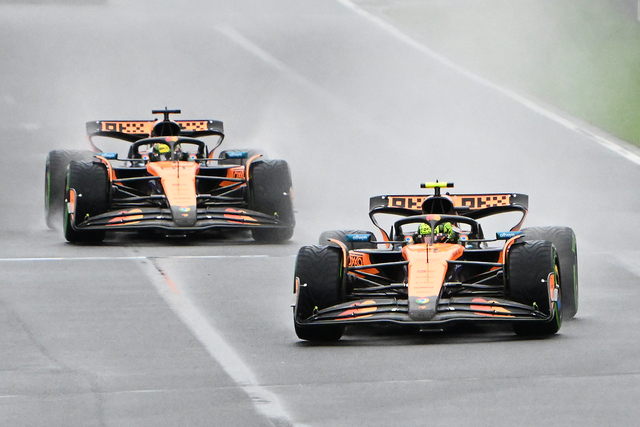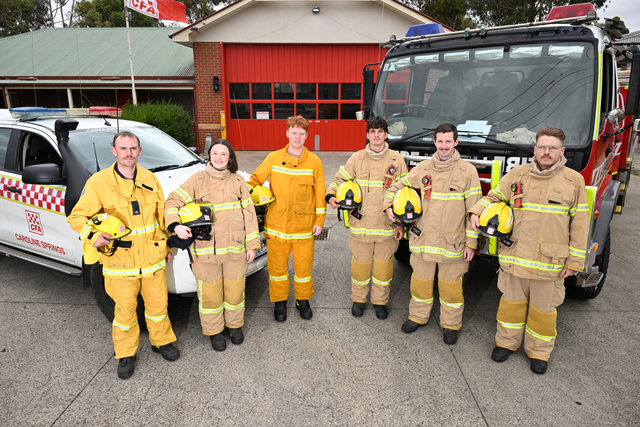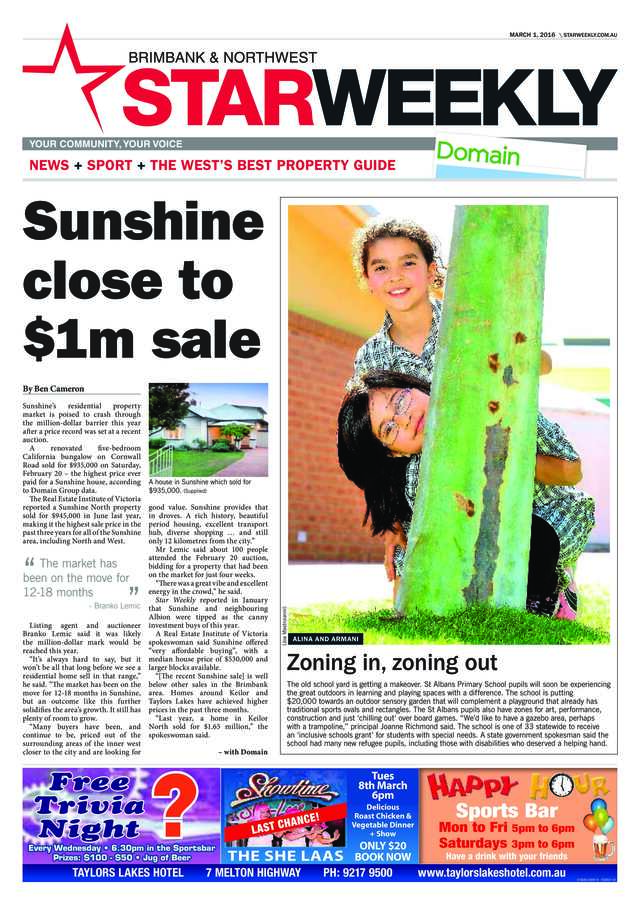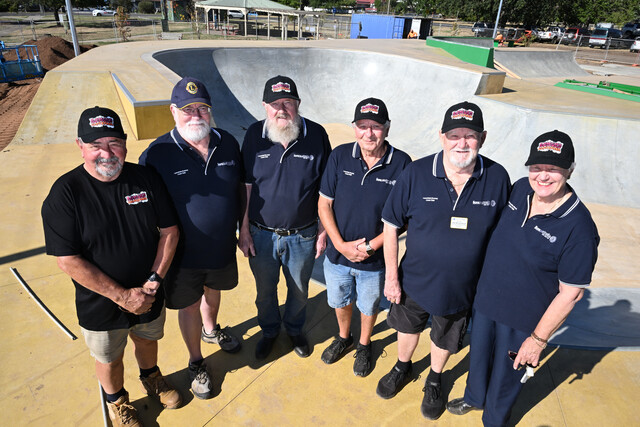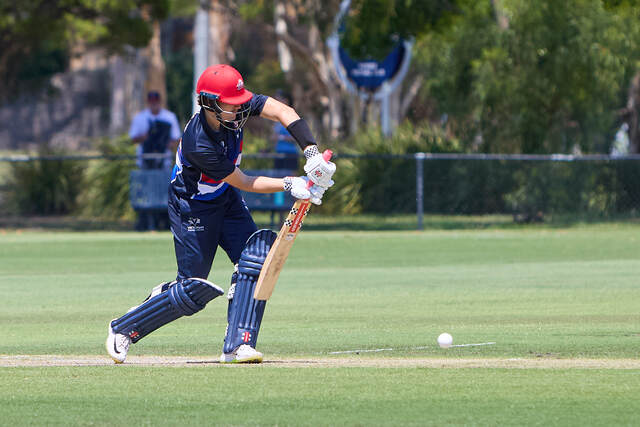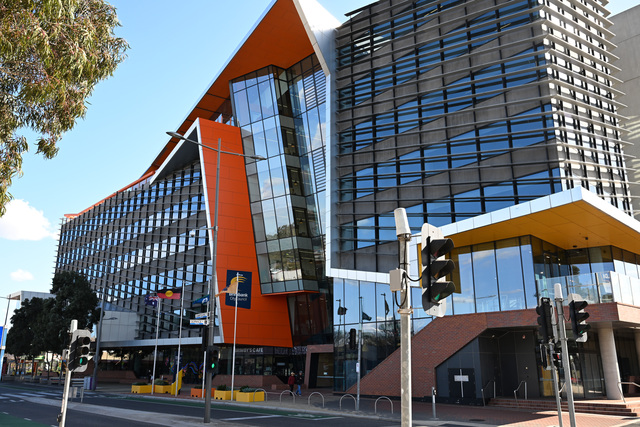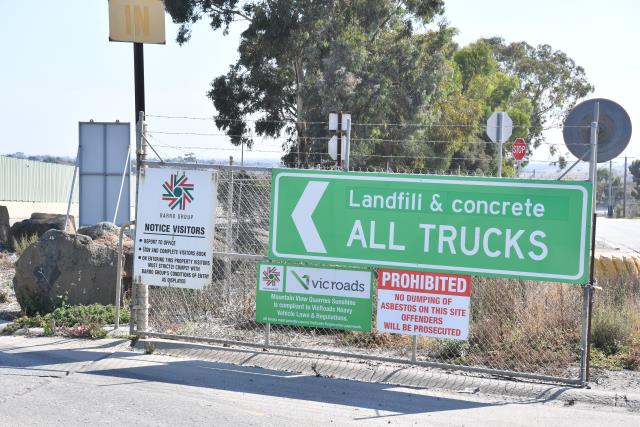BUREAUCRATIC bungling during the worst drought on record, followed by two years of floods, has hung growers out to dry, according to Keilor Valley farmers.
Irrigation in Victoria started on the valley’s fertile flood plain, with its picturesque steep-sided gully so well-known to Calder Freeway commuters.
For more than 150 years the valley has been a living tapestry of fields full of the leafy greens, flowers and fruits of each season.
But Victorian Vegetable Growers Association president David Wallace has resorted to growing capsicums in greenhouses, which take up a corner of the 12 hectares he’s used to rotating. Neighbour Steve Skopilianos says he still helps his parents continue their ‘pick your own’ organic strawberry sales.
But there’s not much more going on besides survival under the flight path for these farmers, says Mr Wallace, who is predicting the mosaic of fields will brown off this summer. They won’t be ploughed up and sculpted into the neat and colourful patchwork of produce growers have always presented.
Mr Wallace said market gardening could have maintained its viability had water, which he claimed was available in the local reservoir system, been made available.
He said farmers were forced to buy in water at more than 10 times the normal price, which was the final straw for third and fourth-generation vegetable growers used to working 52 weeks a year.
Now in his late 50s, Mr Wallace said the last year had been the hardest, physically and mentally, he had known. “I still enjoy living here,” he said, at the same time admitting this predominantly family-owned community of growers was ready to subdivide and sell. “These blocks are too small compared to market gardens across the state, at Cranbourne, Werribee and the like. There’s not the room for the big machinery here. Most of our produce has always been hand-picked.”
Melbourne Water acknowledged irrigation was an issue in Keilor Valley, with the take-up of water entitlements falling tenfold from 416 megalitres in 2005-06 to a mere 42 megalitres in 2011-12.
“Some parties in the area are seeking change in land use and are not interested in returning to farming,” Melbourne Water diversions manager Steve Hosking said. “Other properties have already been sold and farming isgiving way to lifestyle and hobby farms.”
Mr Hosking said Melbourne Water could not influence changing land use. “But we can provide some financial relief for license holders through water transfers and seek to improve river health.”

